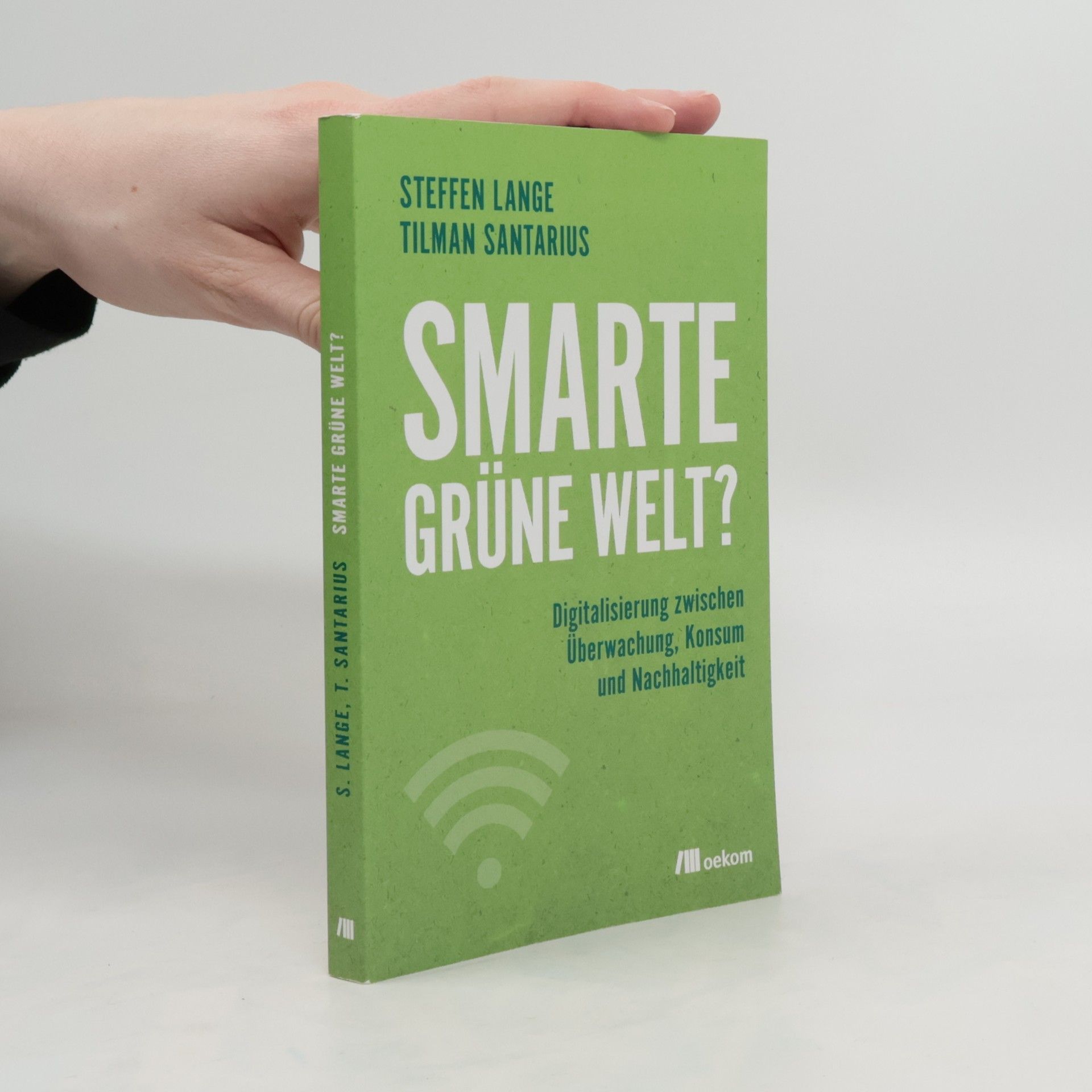Digital reset
Redirecting Technologies for the Deep Sustainability Transformation
Time seems out of joint. The world society has experienced a centennial pandemic, the global thermometer has displayed a sequence of hottest years on record, and Russia’s war on Ukraine has shattered political order. Unsurprisingly, the economy is severely affected. Governments worldwide hope that digital technologies can provide key solutions. Yet this report shows that digitalisation, in its current and mainstream form, is rather aggravating than solving many of the pressing social and environmental crises at hand. What is needed instead is a deep sustainability transformation that fundamentally reorganises the economy and all its sectors – agriculture, mobility, energy, buildings, industry, and consumption. The Report »Digital Reset« shows how digital technologies can support the quest for such a deep sustainability transformation. The report provides a blueprint for the European Union on how to reconceptualise digitalisation so that it first and foremost contributes to achieving carbon neutrality, resource autonomy and economic resilience while supporting equity and fully respecting citizen’s rights and privacy. The report is the outcome of a two-year international science-policy dialogue, »Digitalization for Sustainability« (D4S), and presents an up-to-date comprehensive analysis of opportunities, risks and governance options regarding digitalization and sustainability.

